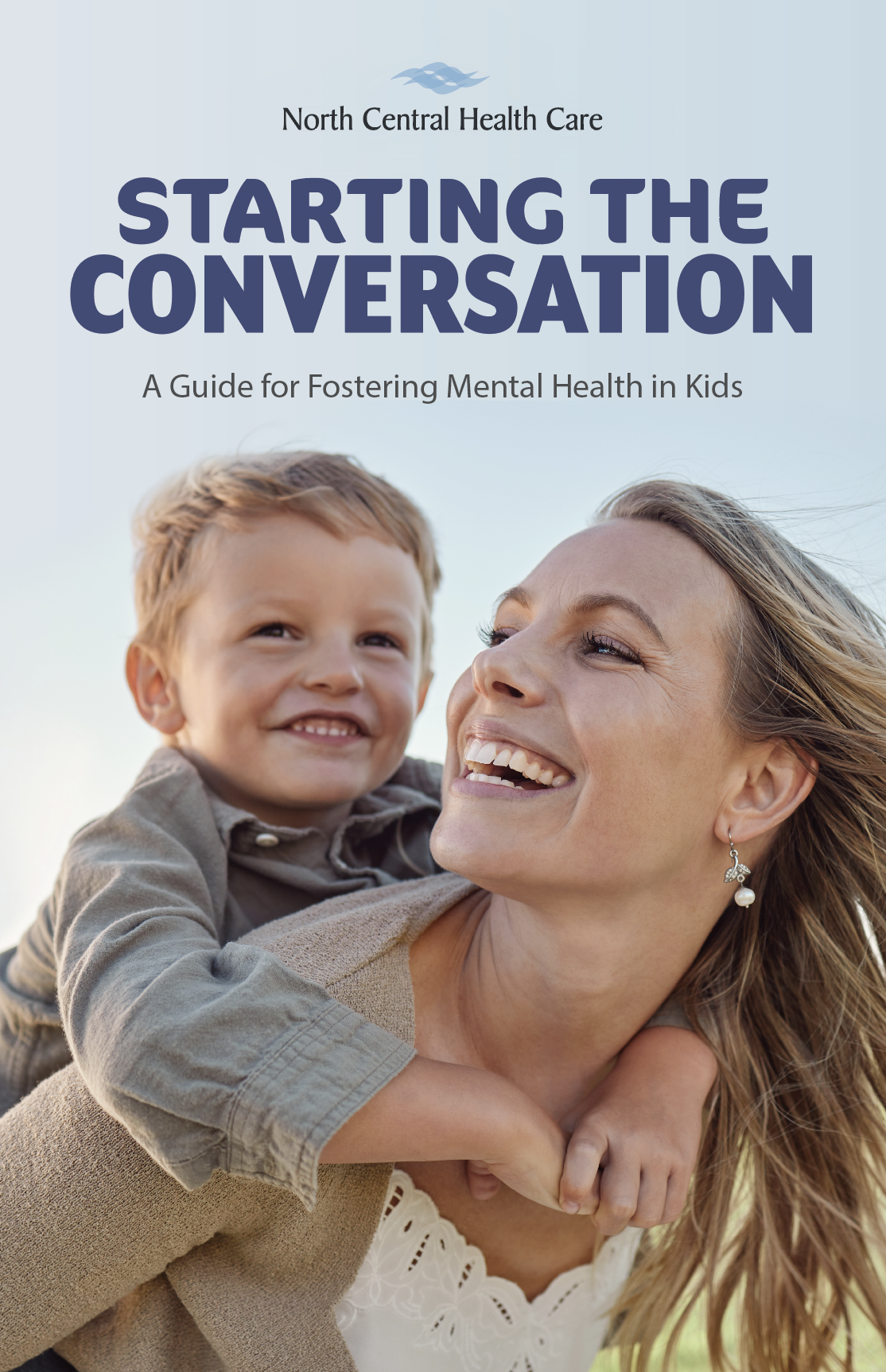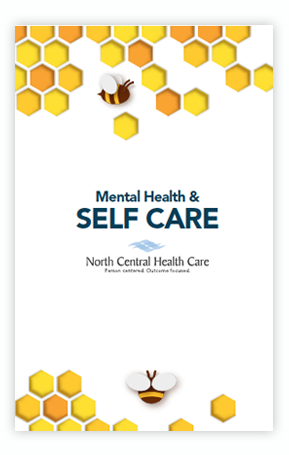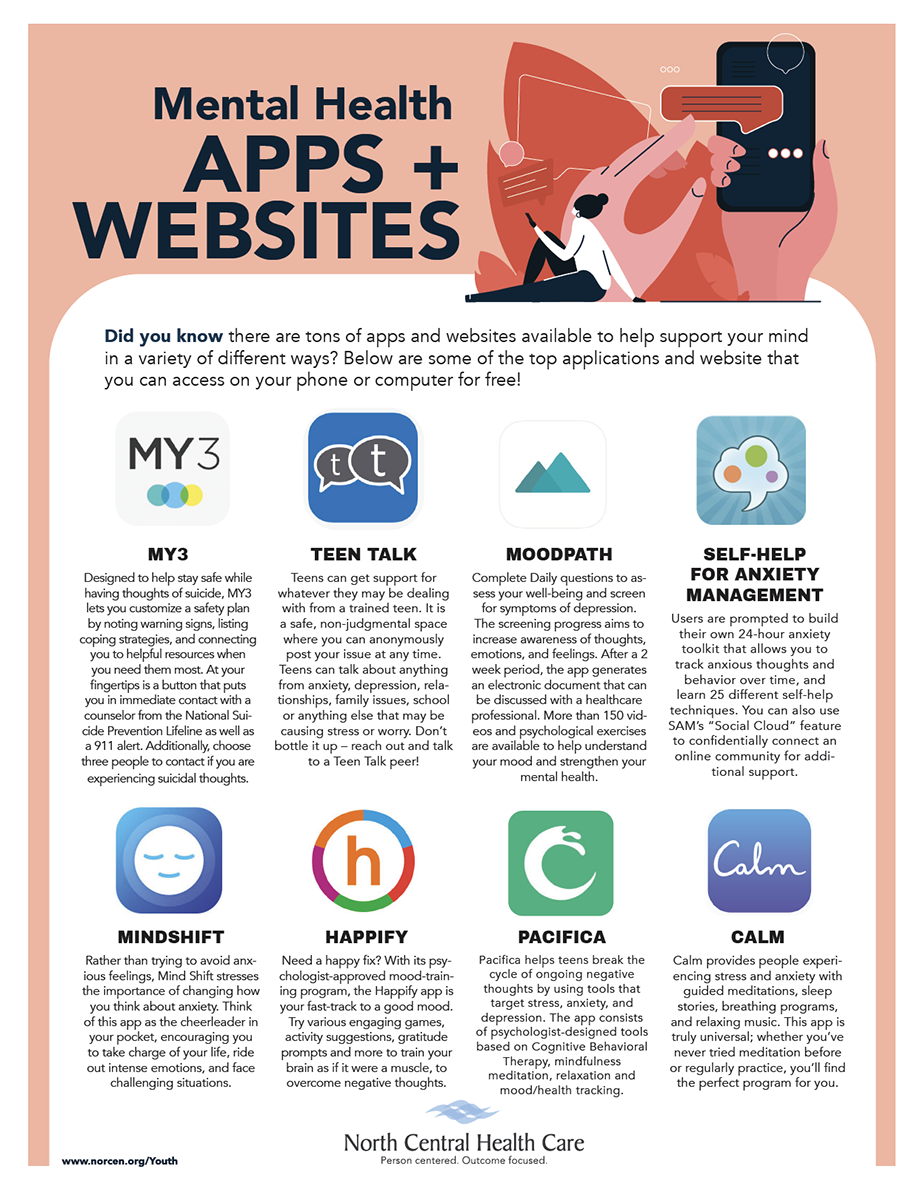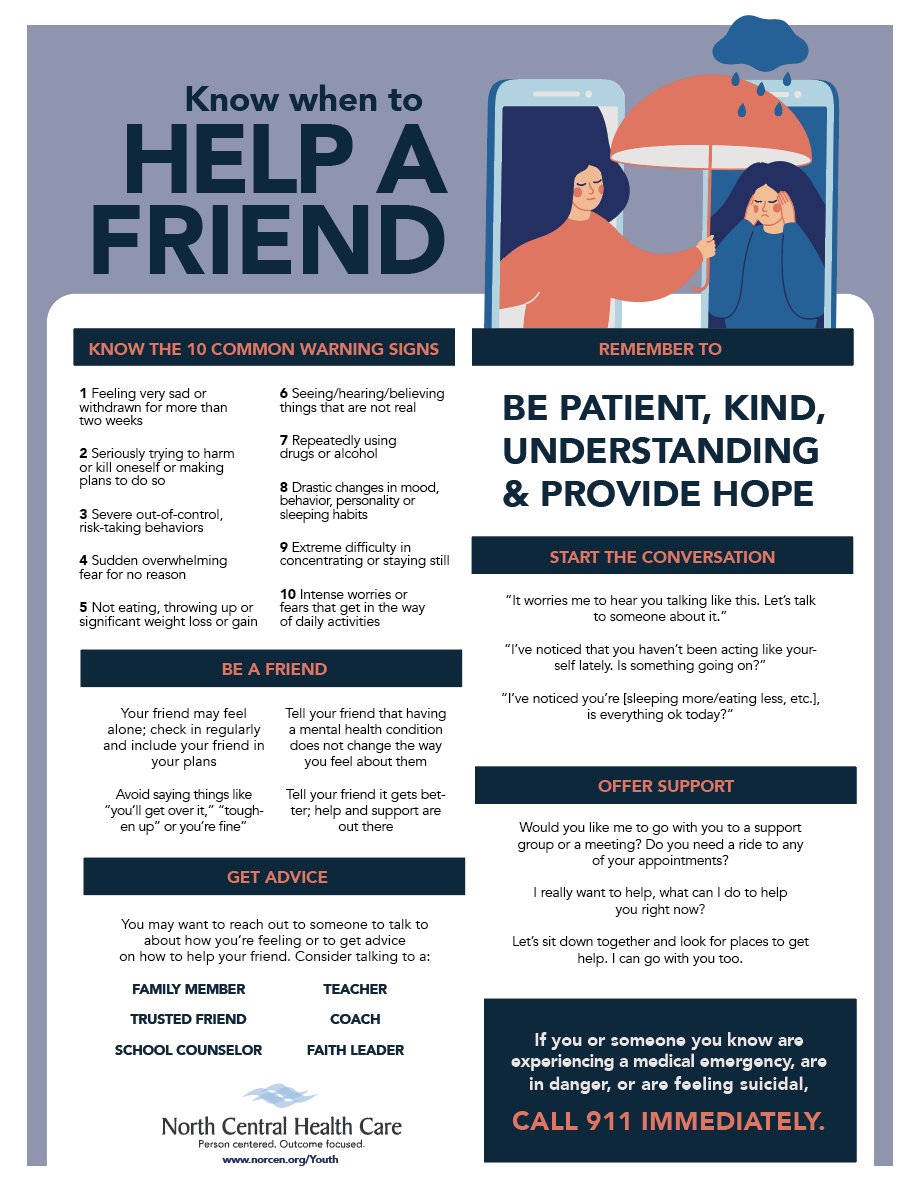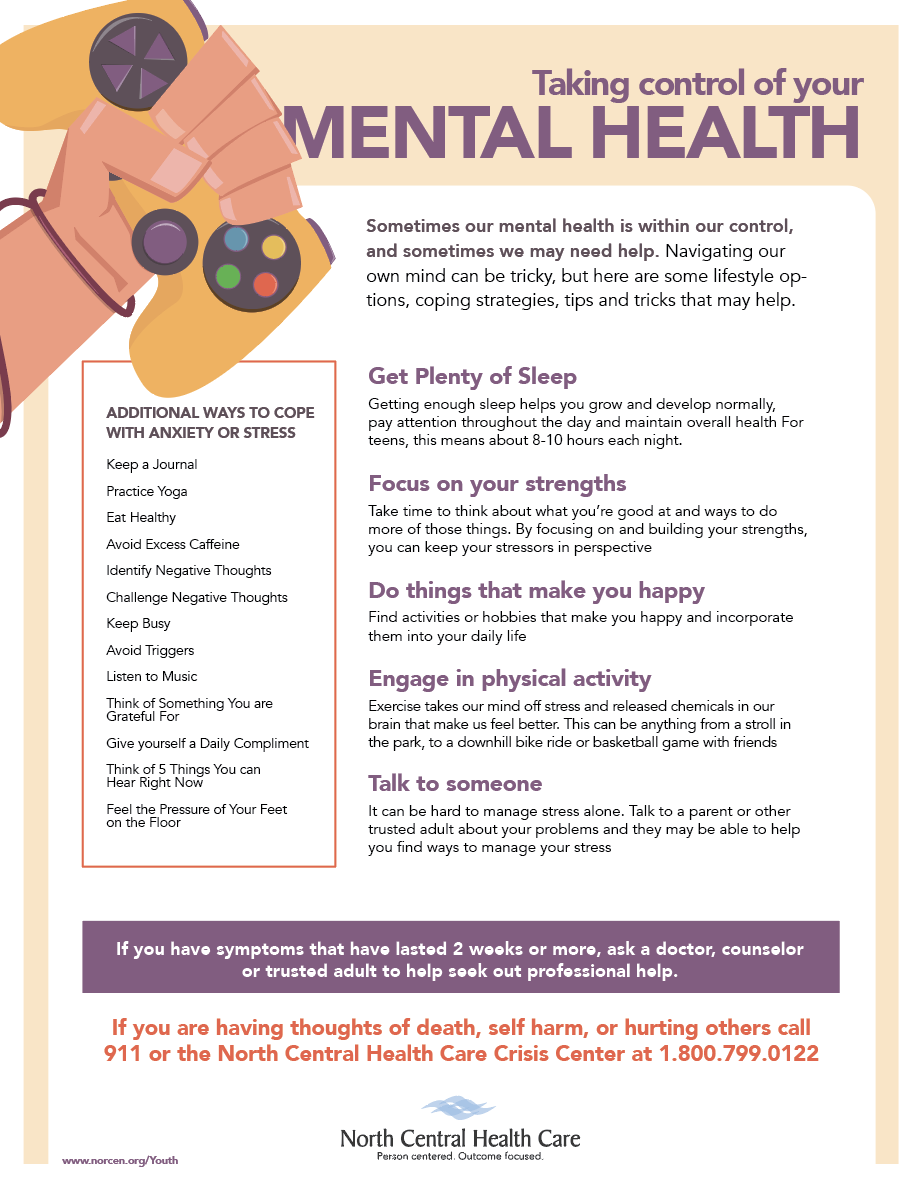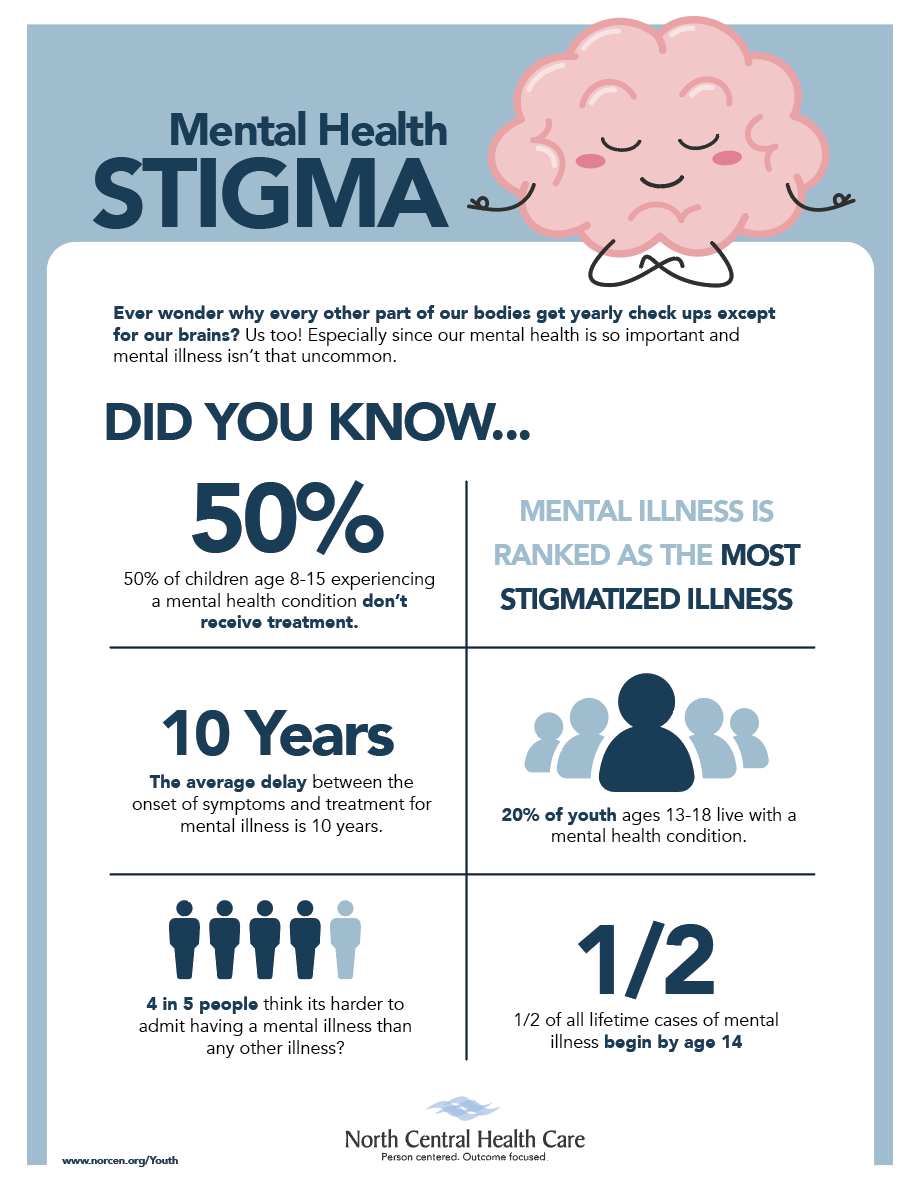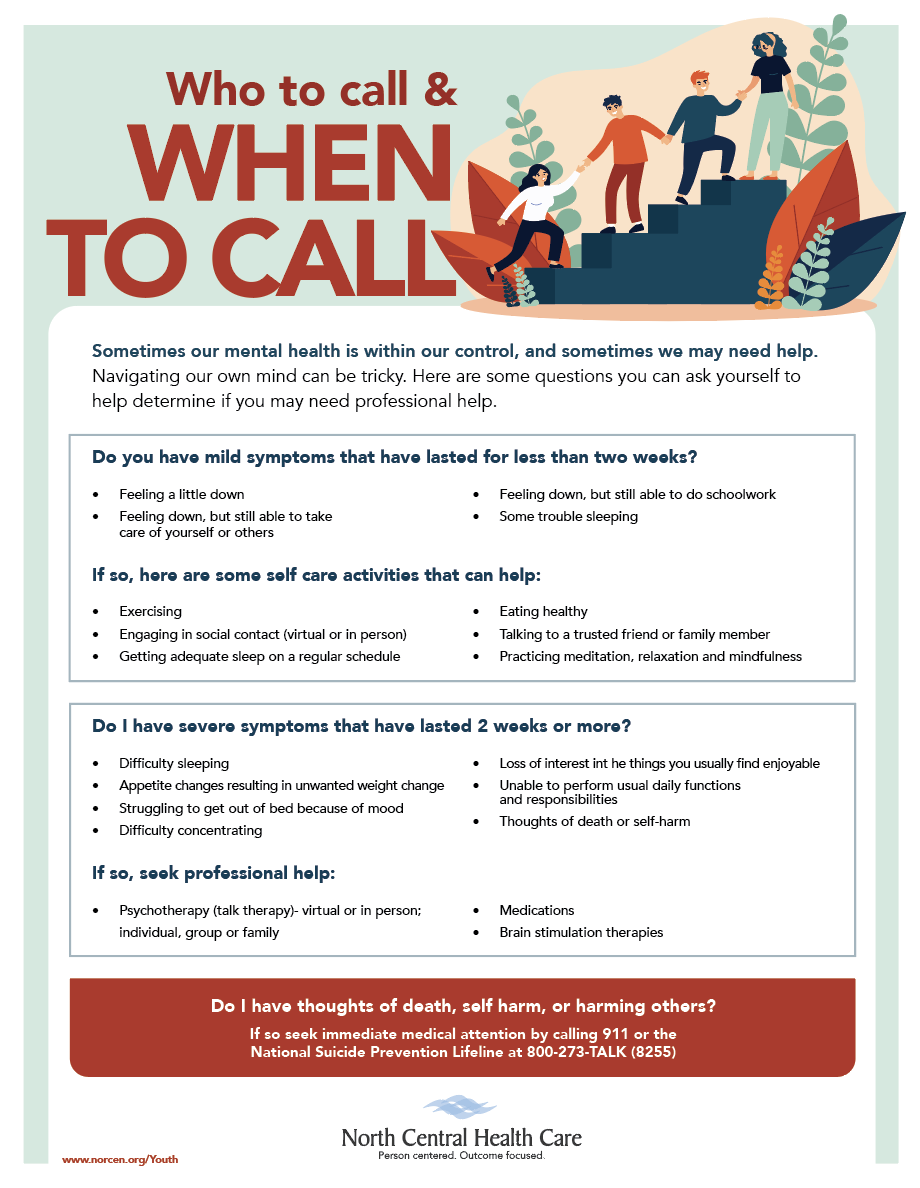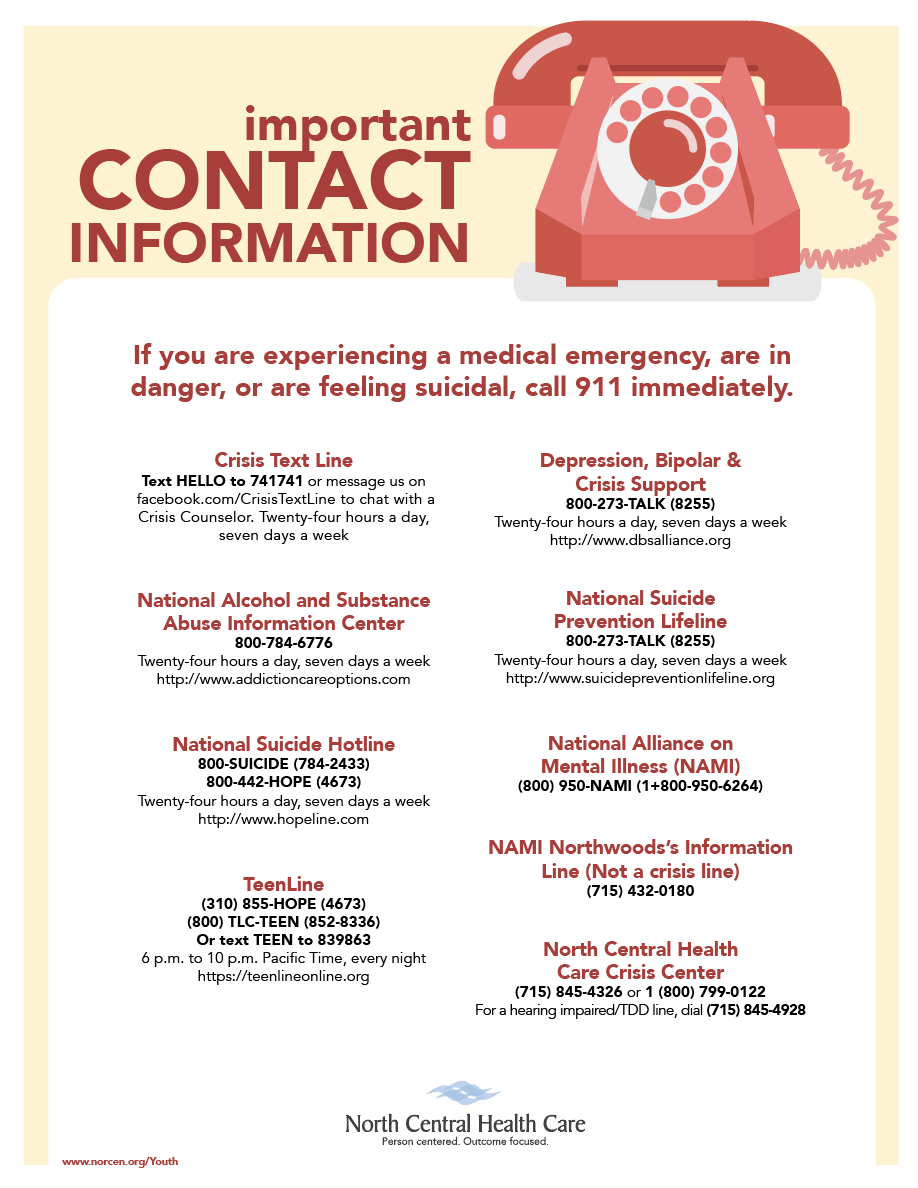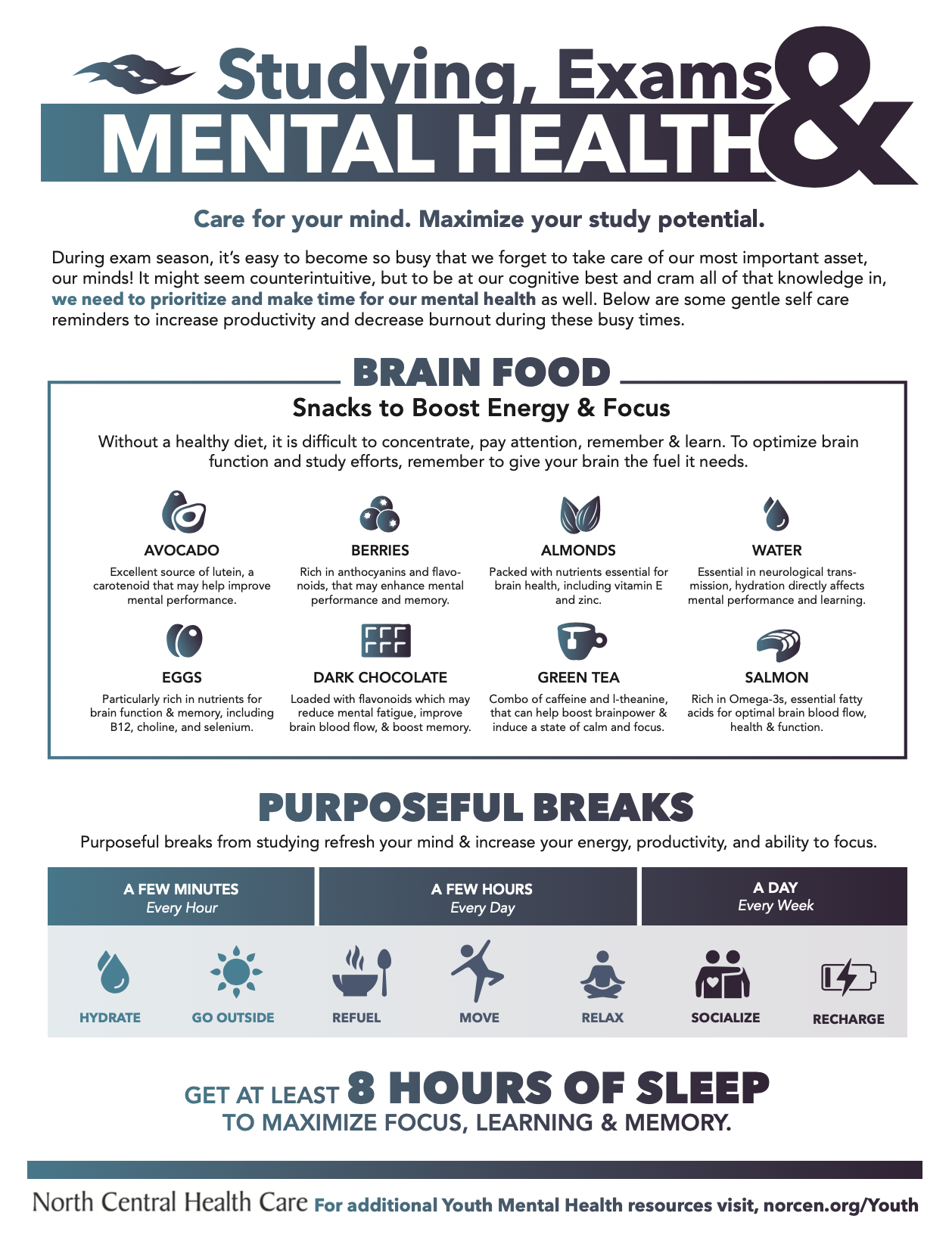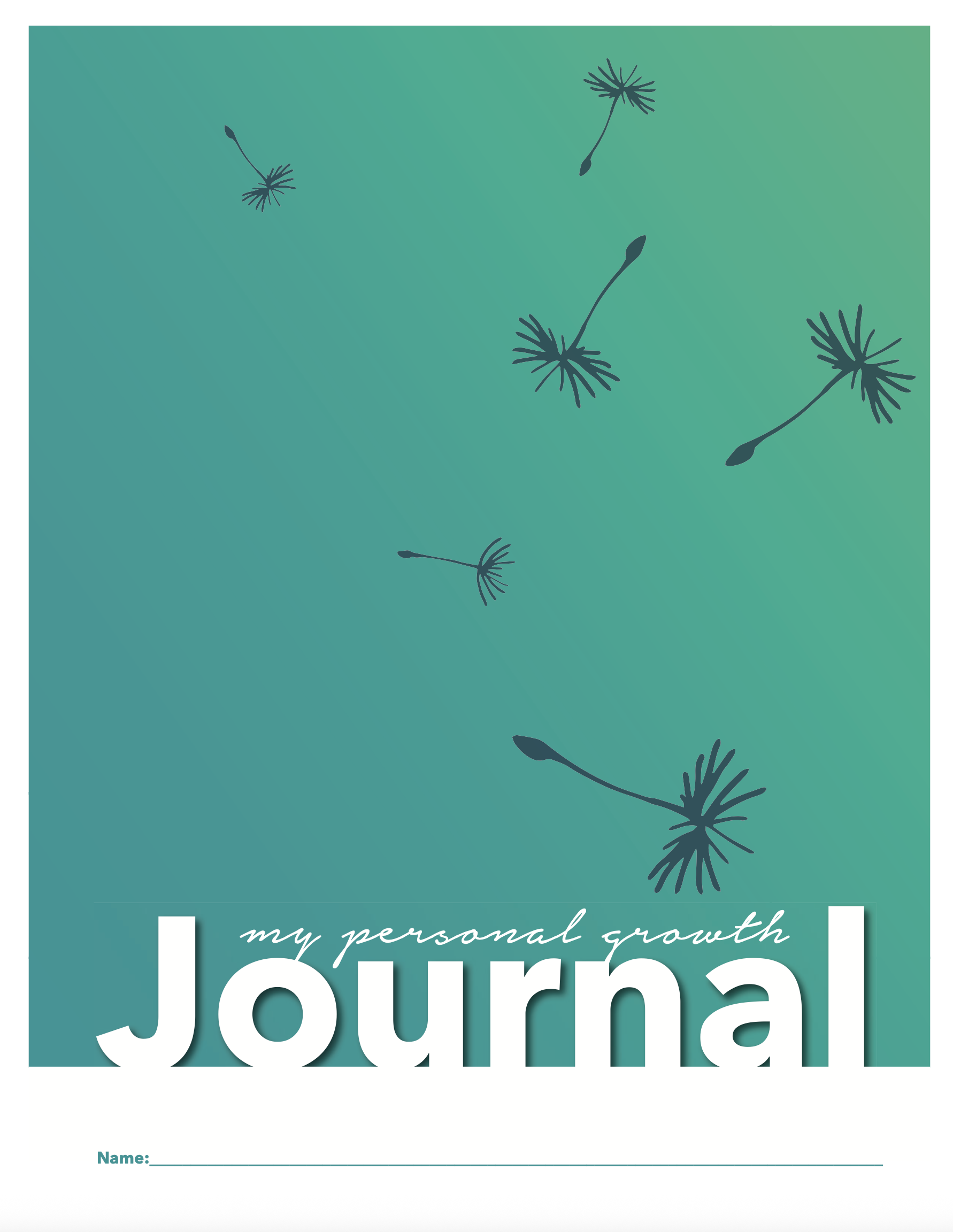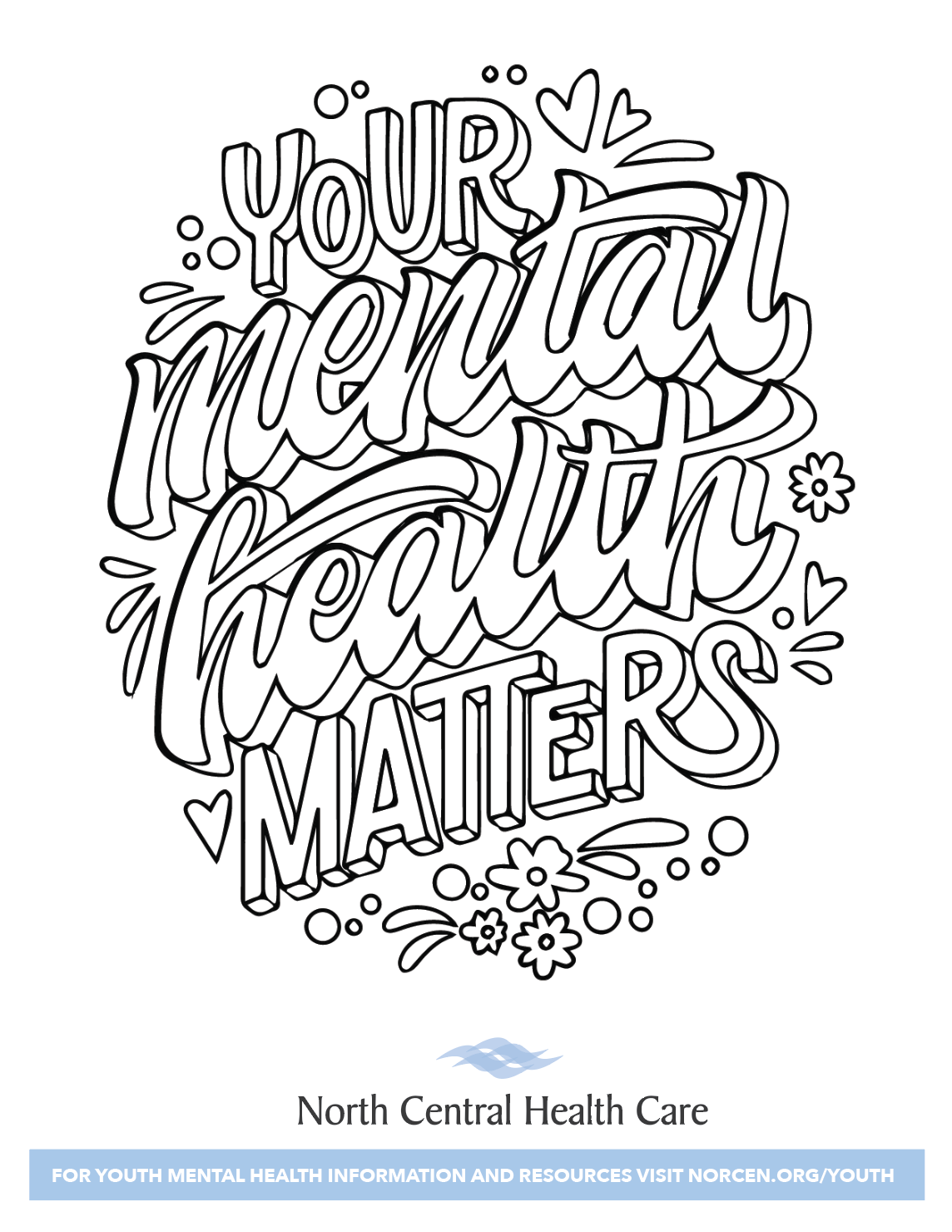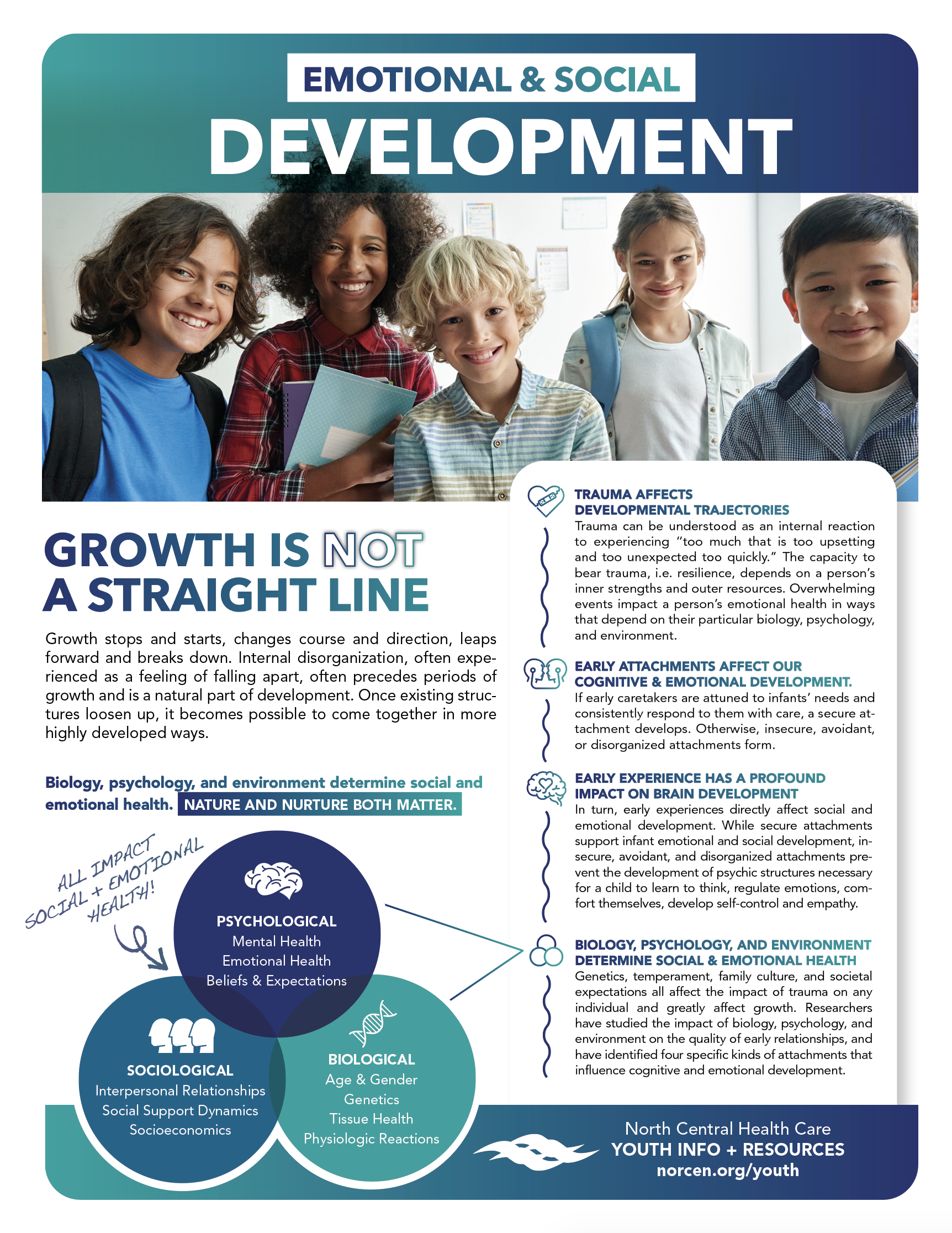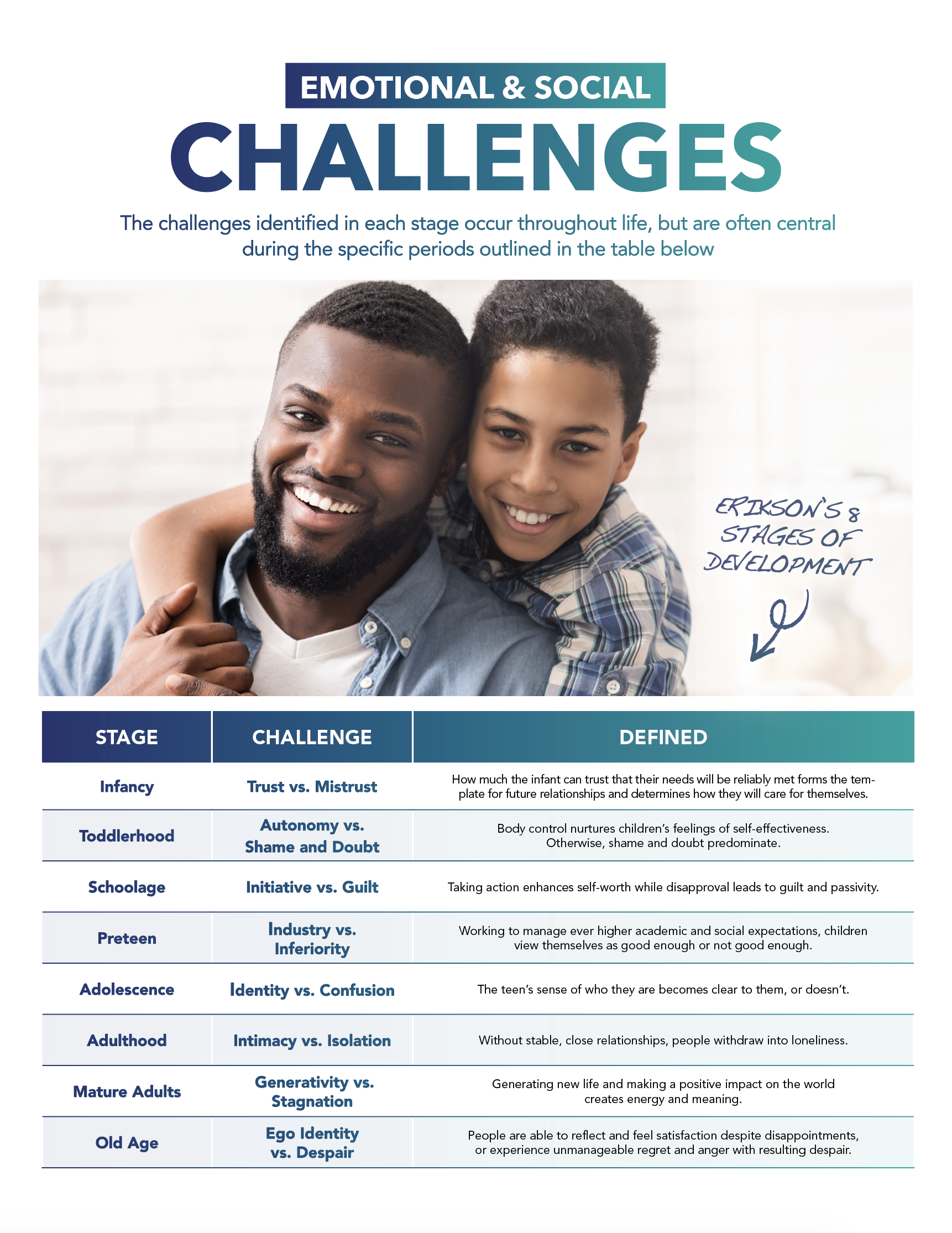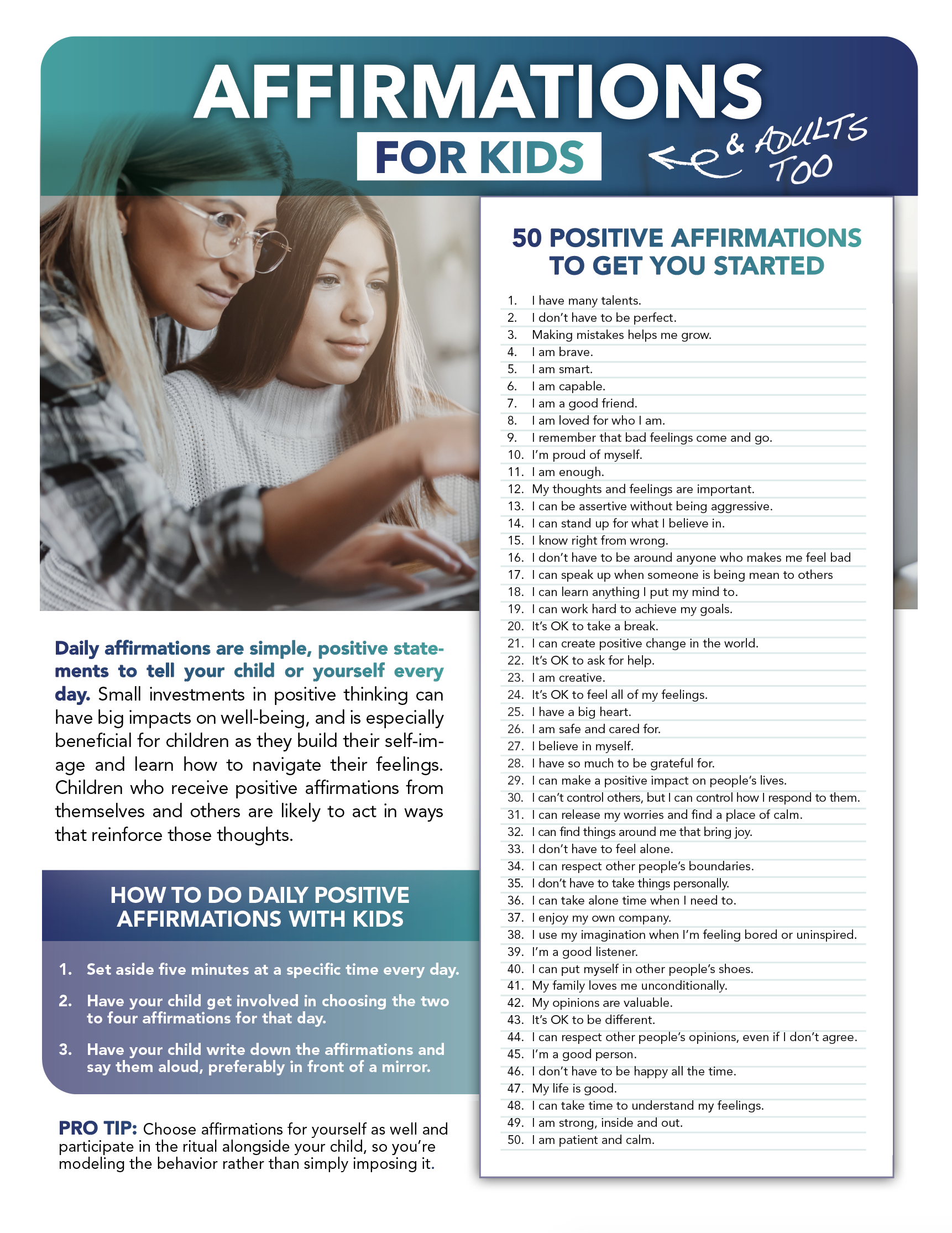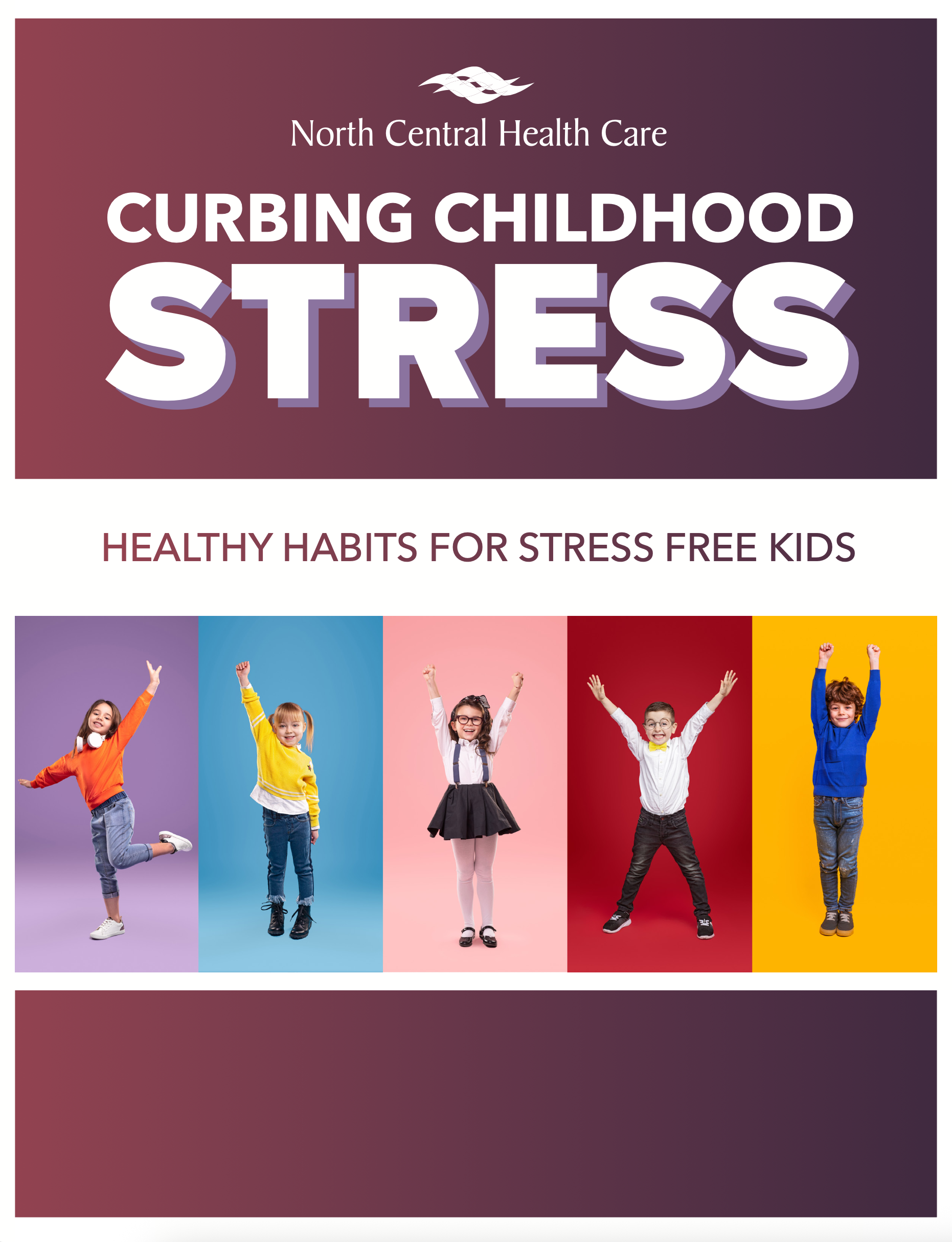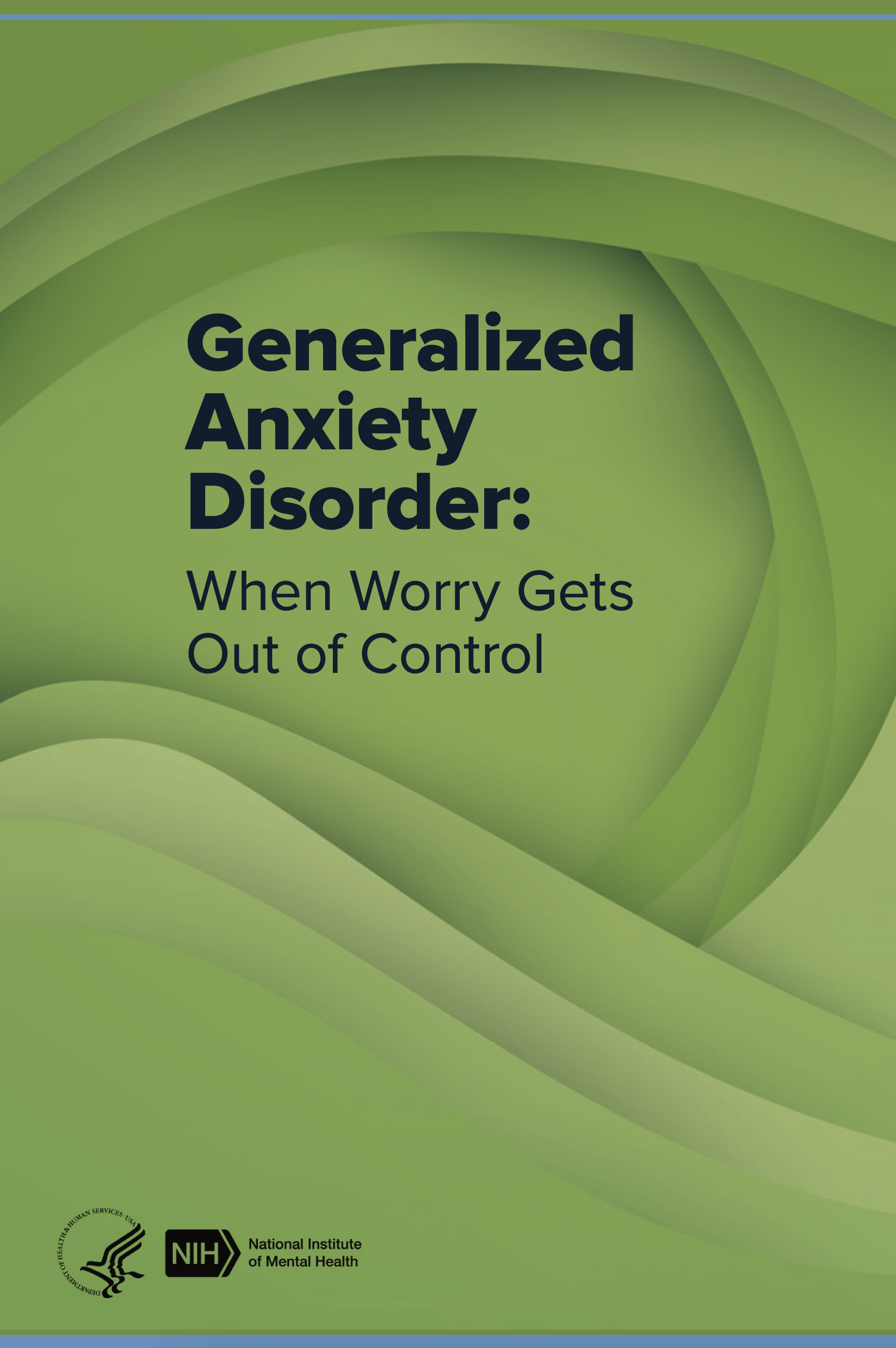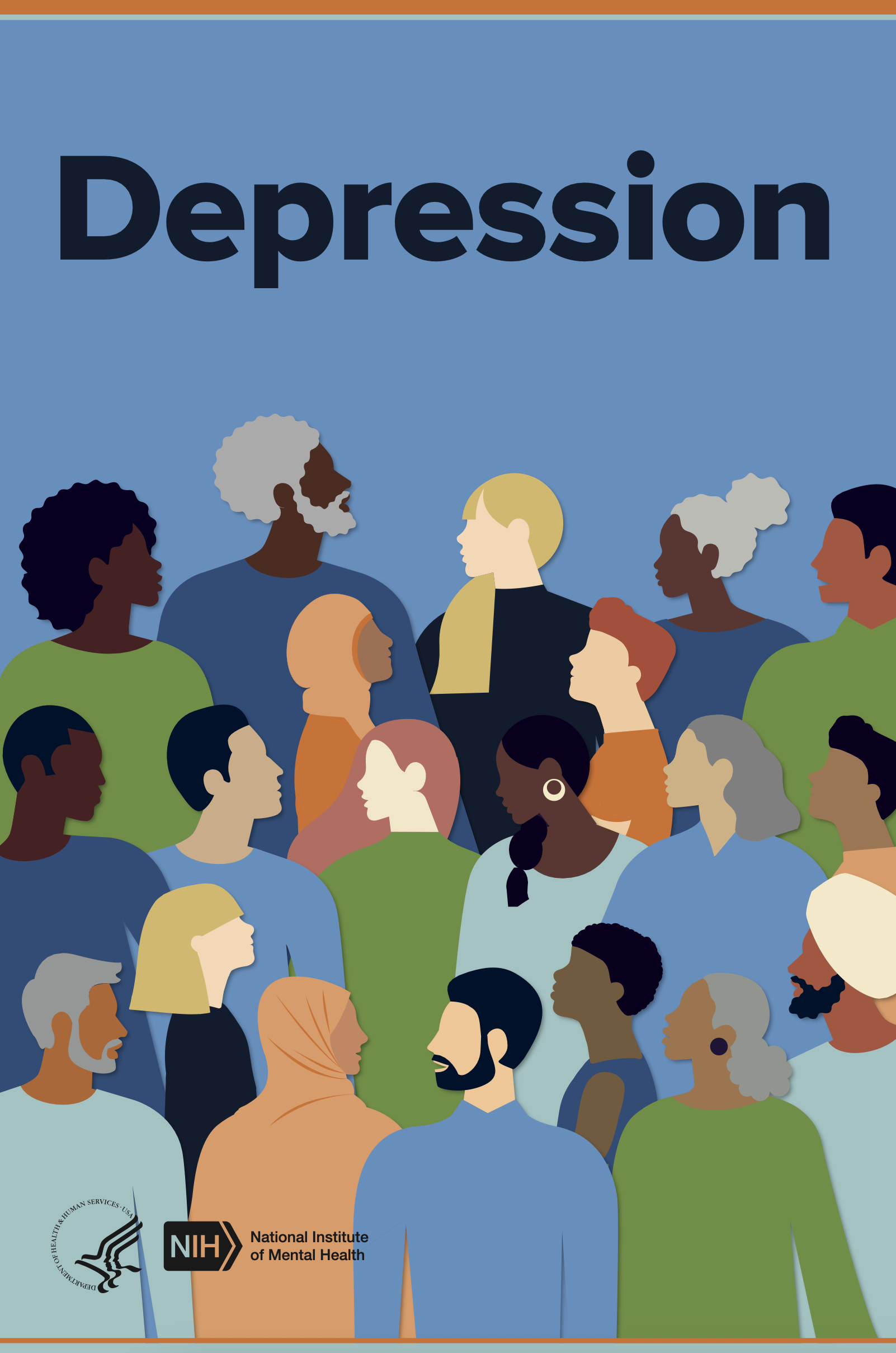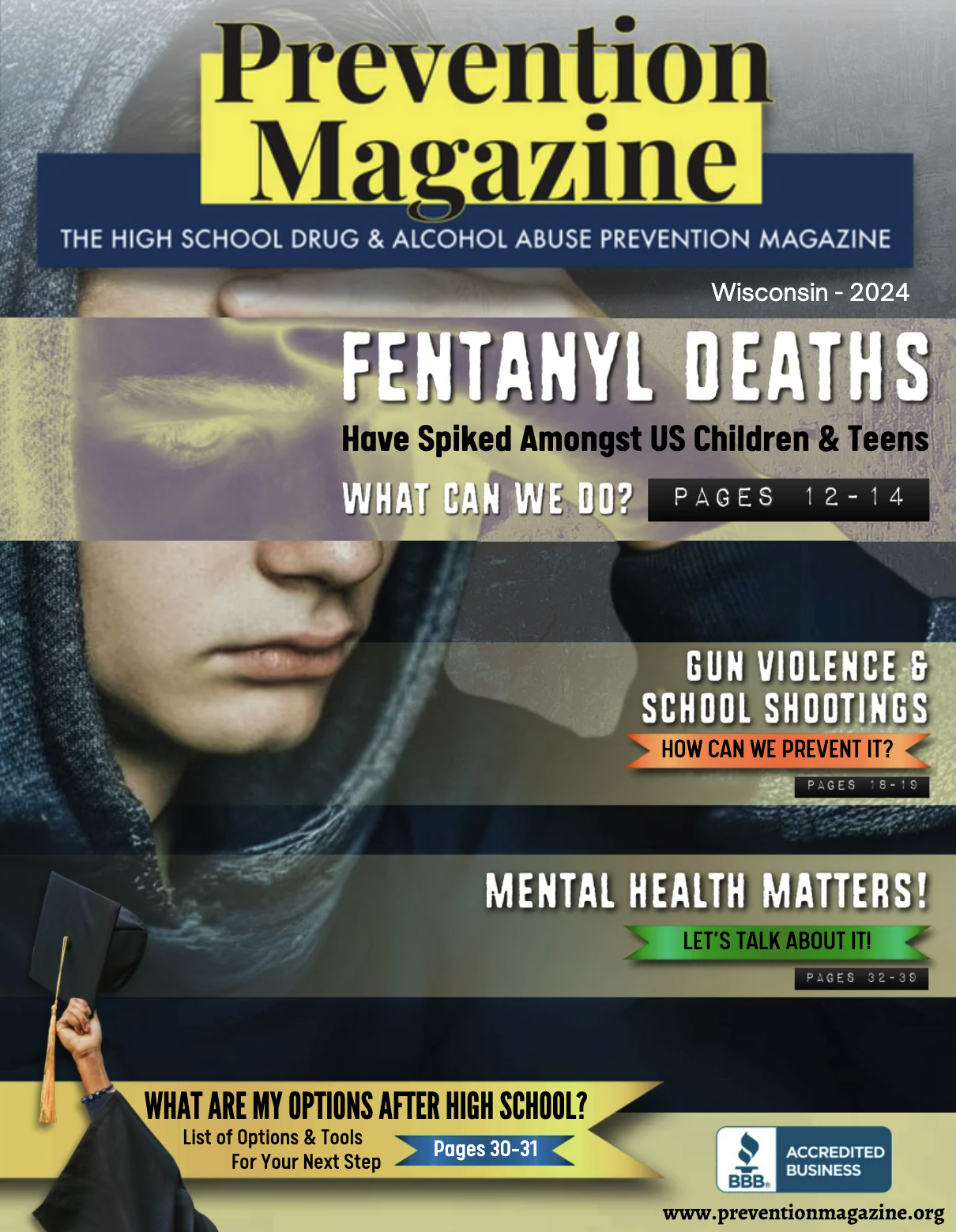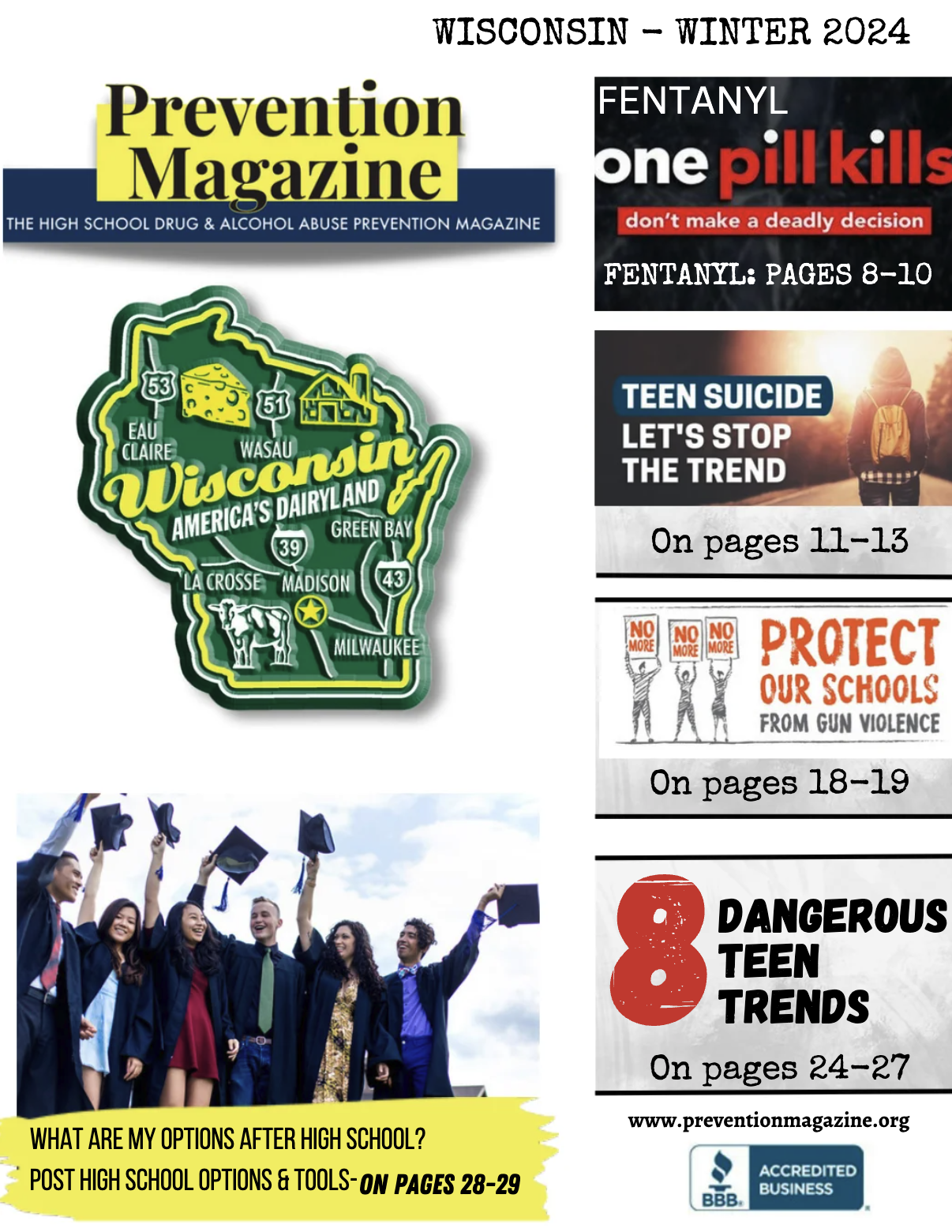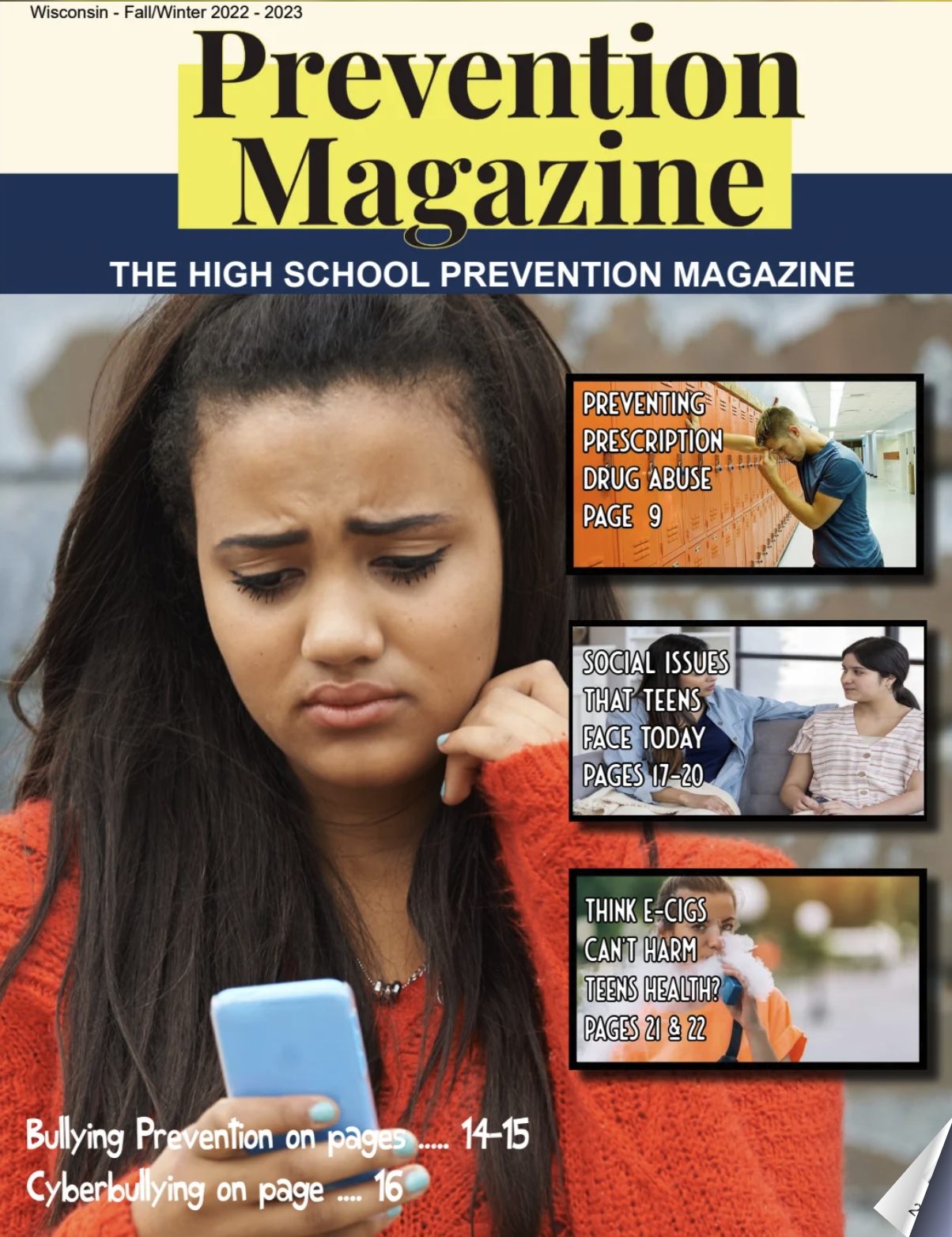Youth Resources
Order Additional FREE Resources here!
Just like we make sure to prioritize our children’s physical health by providing them with nutritious food, water, and exercise, it’s equally important to prioritize the health of their developing minds! Nurturing resilience, positivity, and a strong mental well-being in our kids is crucial for them to lead happy and healthy lives. In this resource, we’ll explore the importance of starting the conversation about mental health with your children and provide practical tips, activities, and insights on how to initiate and nurture these discussions. By creating an open and supportive dialogue, you can create a safe space for your children to share their feelings, normalize mental health experiences, and equip them with the necessary tools to navigate life’s challenges.
Youth Mental Health & Self-Care Booklet
Taking care of yourself is very important. In this creative booklet, you can think about things that are unique about you. Filled with activities and resources, you will learn about you by drawing emotions, learning about mental health stigma, anxiety and depression, and tips on how to help a friend.
Info for Teens
Info for Parents
Signs and Symptoms to Look Out For
Symptoms that happen across multiple conditions:
- Problems with concentration, memory, or ability to think clearly
- Changes in appetite
- Feeling sad, empty, hopeless, or worthless
- Loss of interest in things that you used to enjoy
- Excessive worry
- Irritability or restlessness
- Changes in sleep
- Angry outbursts
- Not wanting to be around people or take part in activities
Other things to look out for:
- Hearing or seeing things that other people don’t
- Extreme panic
- Onset of new behaviors or rituals that are repeated
- Mood swings or frequent shifts in energy
Where Can You Get More Help?
If you notice these symptoms, you may want to consider talking to a trusted adult to set up an appointment with a mental health expert. You can also take an online mental health screening. Screening is a free, anonymous, and confidential way to see if you are showing signs of a mental health condition. Trusted screening tools for youth are available at MHAScreening.org. Once completed, you'll be given information about the next steps to take based on results. Screening results can be a helpful tool for starting a conversation with your doctor, school counselor or other trusted adult.
Seeking Mental Health Care
You can also contact North Central Health Care Outpatient Services at 715.848.4356 to speak with a referral coordinator. Outpatient mental health care helps people of all ages, both children and adults, providing care and treatment in a manner that is most appropriate for each person’s individual situation.
Mental Health Emergency and Crisis Services
If you are having thoughts of death, self harm, or harming others call 911 right away
If you feel you are in immediate danger of taking suicidal action, please contact the North Central Health Care Crisis Center at 1.800.799.0122
Our NCHC Crisis Team is available 24/7/365 for youth in crisis living in Lincoln, Langlade, and Marathon Counties. We also provide a Youth Crisis Care that provides short-term, in-house monitoring and support.
Contact NCHC Emergency/Crisis:
- 800.799.0122: Toll-Free Call connecting you to Crisis Support in the Marathon, Langlade and Lincoln Counties.
- 715.845.4326: Connecting you to Crisis Support in Marathon, Langlade and Lincoln Counties.
- 988 - National Suicide & Crisis Hotline connecting you to assistance in U.S. This number is not a direct dial to NCHC Crisis Services.
-
For those with hearing or speech difficulties, please dial 711 to connect
with the WI Relay Service.
When you dial 711, a communications assistant will connect you with the NCHC Crisis Hotline. Please provide the operator with the number 715.845.4326. English and Spanish translation is available through 711. For more information about 711, please visit WI Relay 711.
Additional Resources for Teens
KidsHealth: We all have feelings and sometimes they can be hard to deal with. This site can help you figure out how to make it through tricky situations like fighting with your parents, not liking school, or feeling really sad.
Teen Mental Health: This site will help you learn more about mental health, the challenges that many teenagers face, and how to get through them. You can also find resources to help you help a friend if someone close to you is struggling.
Self-Care in Middle School: We all face tough situations like schoolwork or arguing with friends. It’s important to take care of yourself so that you can deal with the stress. In this video, middle schoolers share their tips for self-care and overcoming challenges.
MHA Screening – Youth Test: This questionnaire can help you determine if you’re having emotional, attentional, or behavioral difficulties.
Helpful vs. Harmful: Ways to Manage Emotions
Ideas for Building a Healthy Self-Image and Improving Self-Esteem
Time to Talk: Tips for Talking About Your Mental Health
Wisconsin Abuse Prevention Magazine Links
Prevention Magazine is a high school drug and alcohol abuse prevention magazine founded in 2010 to provide a way to educate our youth while bringing communities and businesses together for the greater good of our future leaders!
The High School Prevention Magazine is providing FREE preventative education to thousands of schools and students. Below are the links to the latest editions that provide topical information for a teen audience.
